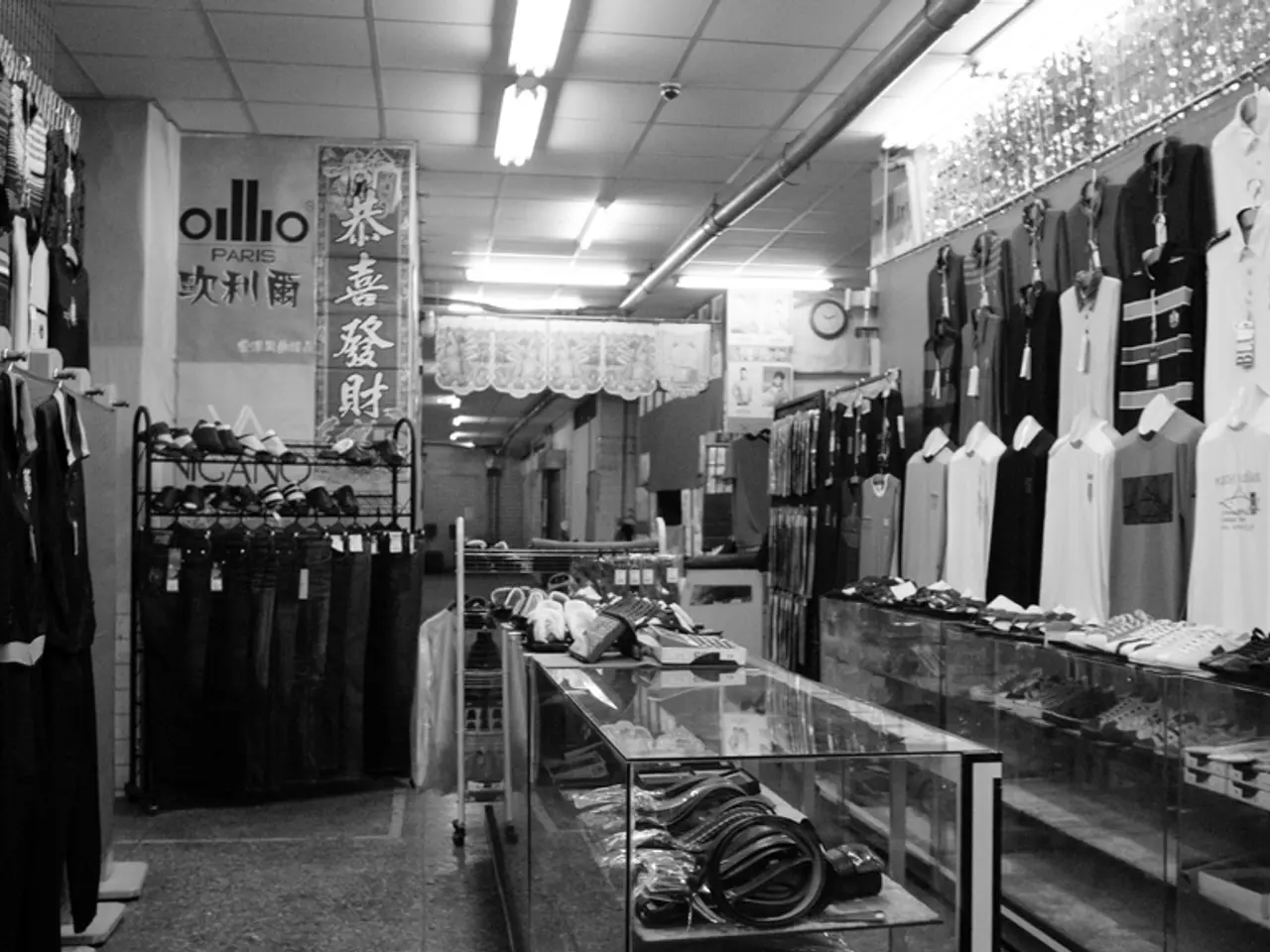Air Purifiers Don't Provide Cooling, Yet They May Remain Valuable During the Summer Heat
In the quest for a cleaner and more comfortable home, understanding the differences between air purifiers and cooling appliances is crucial. Here's a breakdown of these two essential home products.
Air Purifiers: The Clean Air Solution
Air purifiers are designed to remove airborne contaminants such as dust, pollen, pet dander, mold spores, viruses, and bacteria. They work by forcing air through fine filters (often HEPA filters), improving indoor air quality. It's important to note that air purifiers do not cool the air or alter temperature and humidity.
Air purifiers can make a room feel fresher by removing dust, pollen, smoke, and airborne nasties. They are particularly beneficial for pet owners, city dwellers, or those suffering from hayfever.
Cooling Appliances: Beat the Heat
Cooling appliances, on the other hand, are designed to lower room temperature or enhance airflow. These include devices like air conditioners, fans, and air circulators.
Air conditioners actively reduce temperature and humidity in a space. Fans and air circulators do not lower temperature but move air to create a cooling effect by enhancing evaporation and convection, making you feel cooler. For example, a fan blows air in one direction to cool a specific area, while an air circulator distributes air more evenly across a room.
Combining Air Purifiers and Cooling Appliances
Combining an air purifier and air conditioning can improve air quality and manage heat. For instance, the Dyson air purifier filters pollutants and allergens while circulating clean air. Meanwhile, the electriQ Ecosilent is a 3-in-1 unit consisting of an air conditioner, fan, and dehumidifier.
However, it's essential to remember that air purifiers do not cool a room down, but they can contribute to comfort by making the space feel fresher during hot weather.
Expert Insights
Katie Lilywhite, an air treatment expert at AO.com, and Nicholas Auckland, a heating and energy expert with almost 20 years of experience in the industry and the Managing Director of Trade Radiators, both emphasise the importance of understanding the differences between air purifiers and cooling appliances.
Running an air purifier's motor may add a very minuscule amount of heat to the room, but it is not significant enough to affect comfort levels. Similarly, evaporative air coolers can be less effective in the UK's humid climate, potentially making the room feel damp and moist.
In Summary
In summary, an air purifier improves air cleanliness, whereas a cooling appliance alters the thermal environment and comfort level. Always choose the right appliance for your specific needs to ensure a cleaner, fresher, and more comfortable home.
- To improve indoor air quality and remove airborne contaminants, use an air purifier that forces air through fine filters, such as HEPA filters.
- Cooling appliances, like air conditioners, fans, and air circulators, lower room temperature or enhance airflow to beat the heat.
- Combining an air purifier and an air conditioner can improve air quality and manage heat, making your home feel cleaner, fresher, and more comfortable.
- When choosing appliances for your home, understanding the differences between air purifiers and cooling appliances can help you make informed decisions to meet your specific needs.
- An air purifier may add a minimal amount of heat to the room, but it doesn't significantly impact comfort levels, while evaporative coolers may not be as effective in the UK's humid climate, potentially making the room feel damp.




